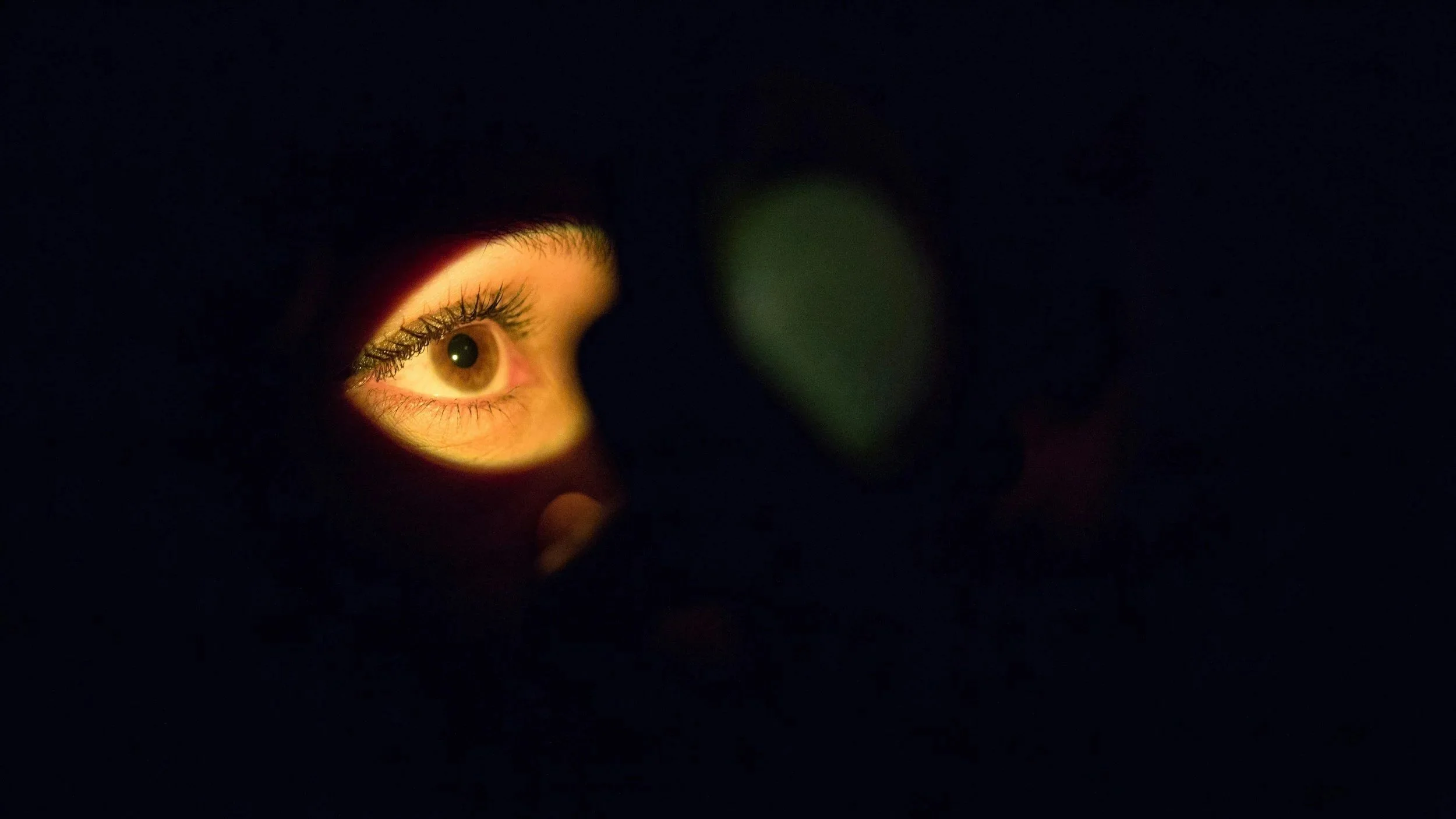
Obsessive-Compulsive Disorder
Obsessive-Compulsive Disorder (OCD) can feel exhausting and isolating. You may find yourself caught in repetitive thoughts or rituals you cannot control, even when you know they don’t make sense.
Many people with OCD feel ashamed of their thoughts or fear that others will not understand. If these experiences are interfering with your daily life, it may be time to seek support.
Therapy can help you reduce the grip of obsessions and compulsions, regain freedom, and feel more in control.
What is OCD?
OCD is a recognised mental health condition involving two key elements: obsessions, which are intrusive and distressing thoughts, images, or urges, and compulsions, which are repetitive behaviours or mental rituals performed to ease the anxiety these thoughts bring.
While compulsions may offer short-term relief, the cycle soon begins again, often becoming more entrenched over time.
OCD is often misunderstood as a preference for order or cleanliness, but in reality it is a distressing mental health condition that can touch every part of life.
Symptoms of OCD
Intrusive thoughts, images, or urges that cause anxiety or distress
Repetitive behaviours such as checking, cleaning, or counting
Mental rituals (praying, repeating words, seeking reassurance)
Temporary relief after performing rituals, followed by renewed anxiety
Avoidance of situations that may trigger obsessions
Time-consuming rituals that interfere with daily life
Types of OCD
Contamination OCD: fears of germs, illness, or environmental dangers
Checking OCD: repeated checking of locks, appliances, or safety
Intrusive Thoughts OCD: distressing or taboo thoughts (e.g. about harm or sexuality)
Symmetry/Order OCD: need for things to feel “just right”
Hoarding (sometimes linked): difficulty discarding possessions
How Therapy Can Help with OCD
Therapy for OCD is designed to break the cycle of obsessions and compulsions while helping you feel safer in your own mind.
A common approach is Cognitive Behavioural Therapy with Exposure and Response Prevention, which gradually supports you to face fears without relying on rituals.
Compassion-focused approaches can be helpful when shame or self-criticism is central, while Acceptance and Commitment Therapy can shift your relationship with intrusive thoughts, making them feel less powerful.
In some cases, Schema Therapy or EMDR may be used when OCD is connected to earlier trauma or long-standing patterns.
Therapy is always paced carefully and collaboratively, helping you reduce compulsions and rebuild confidence in daily life.
Get in touch
Use the form below to get in touch and find out more about how we can help you
